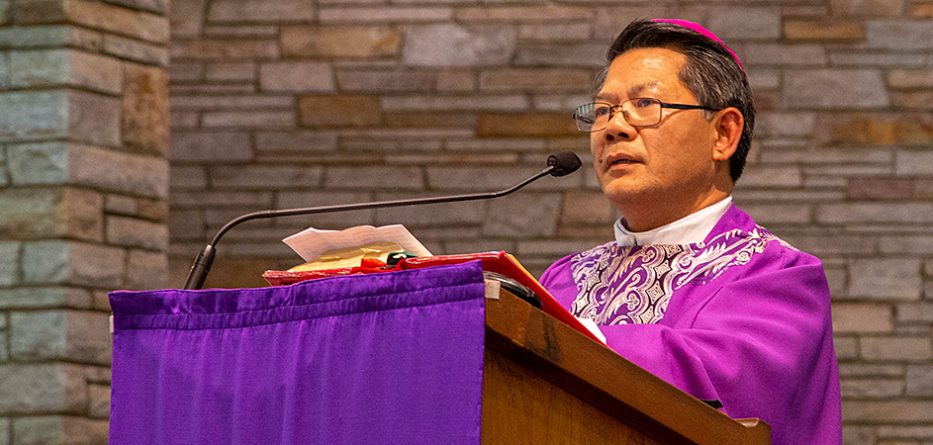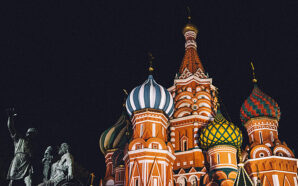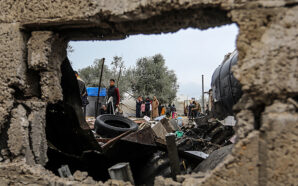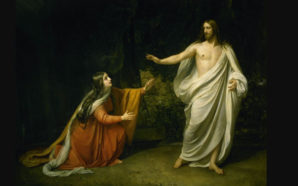Most Reverend Vincent Long Van Nguyen OFM Conv DD STL, Bishop of Parramatta
Homily for the 5th Sunday in Ordinary Time Year A 2020 at St Andrew the Apostle Parish, Marayong
Readings: Is 58:7-10; 1Cor 2:1-5; Matthew 5:13-16
9 February 2020
Living the ethos of the Gospel for the life of the world
Dear friends,
We are living in a polarised and divided world. This was dramatically demonstrated by the way the people reacted to President Trump’s State of the Union Address in the US Capitol during the week. At certain points, the Republicans rose to their feet and applauded while Democrats shook their heads in disgust. While the partisan fault lines may not run across Australia as deeply as they do in America, we too can do with a bit more civil discourse and social cohesion. As Christians, we have a duty to influence our society according to the principles and values of the Gospel. We are called to make a difference in the world in which we live.
This is the focus of today’s liturgy of the Word. Believers are not hermetically sealed off. We are not meant to insulate ourselves from the world. The Catholic Church, especially since the Second Vatican Council, is committed to transform the world by our engagement rather than by our opposition. It declared that the joys, hopes, anxieties of the people of this age, especially those who are poor and the afflicted, are the joys, hopes, anxieties of the followers of Christ. This statement of intention is rooted in our Judeo-Christian tradition, which summons us to be a shining light and an open vehicle for others.
In the first reading, Isaiah exhorts the people to show particular concern for the poor, the marginalised and the vulnerable. They are to share their bread with the hungry, shelter with the homeless and clothe the naked. They are to do away with the yoke, the clenched fist and the wicked word. In other words, they must eradicate practices of oppression, violence and injustice. Only then, can they become the true people of God and the model society. Only then, can they fulfill their mission in being the light in the darkness for others to follow.
These prophetic injuctions must have had a profound impact to the people in their historical context. They had witnessed the collapse of their once powerful nation, along with their proud national symbols such as the temple and the monarchy. They had learned the bitter lesson of the exile which was a dramatic fall from grace. As they returned to their homeland, Isaiah reminded them of the lesson. They had strayed from their mission by engaging in practices of oppression, violence and injustice. They had adopted an unjust system, ironically in the land of promise and freedom. Solomon with his oppressive regime had become a new Pharaoh and Israel a kind of Egypt, metaphorically speaking. Isaiah’s message is to be understood in this context. God’s people, humbled and cleansed by the exile are summoned to rebuild themselves not into a powerful nation, but one in which the care of the most marginalised was to be the essential distinguishing feature. Only then will they be fulfilling their destiny.
In the Gospel, Jesus further reinforces the message of Isaiah. He warns us not to lose sight of our identity and mission as agents of change in the world. He speaks of tastless salt which is “good for nothing and can only be thrown out to be trampled underfoot by others”. Reading these compelling words in the context of the sexual abuse crisis, we cannot help but admit our being treated like tastless salt. Hence, as it was for the exiled Jews, it must be the same for us in recovering our Gospel compass. We must set ourselves to the task of rebuilding our diminished credibility. We must reclaim what Christ stands for, or we will forfeit our mission of being the light of the world. Christendom and for the most part of history, we have tried to be great, powerful and dominant. All of the metaphors and all of the dispositions of Jesus point to a humble church: a little salt, a little yeast and a little light.
Brothers and sisters,
The Word of God today shows us that faith has a social and political dimension. The early Christians understood this and showed to the world a way forward in how they lived, how they related, how they shared resources. In the face of a fractured society, they shone as a community of radical inclusivity, hospitality and justice. Against the dominant system of exploitation, self-interest and greed, they enacted an ethos of communion, justice and compassion.
“You are the light of the world. A city built on a hill-top cannot be hidden”. These words of our Lord summon us to a life of witness and a prophetic community that shines a light on the darkness of the world around us. We draw our strength and inspiration, as Paul affirms in the second reading, from the crucified Christ and the power of the Spirit. We can not only envision a different world to the fractured, polarised and destructive one we are living in, but also live it out. In the Eucharist we enact and have the power to live the vision of Jesus. Let us go forward in our mission to make a difference in the world, confident of the victory of Christ and his promise to be with us till the end of time.








